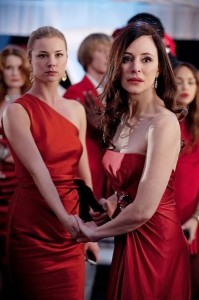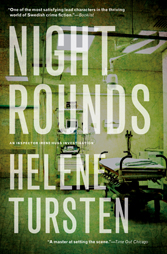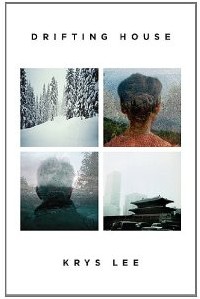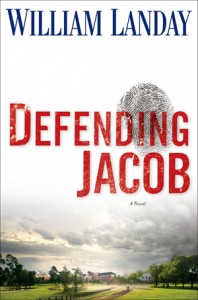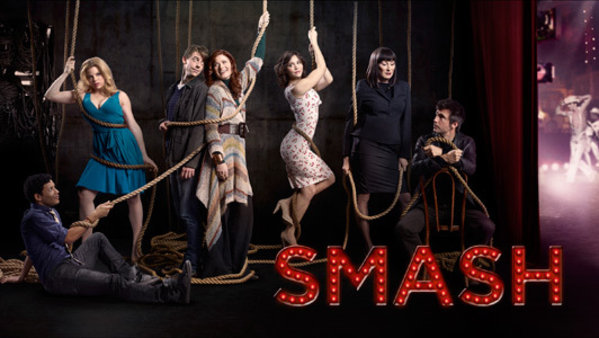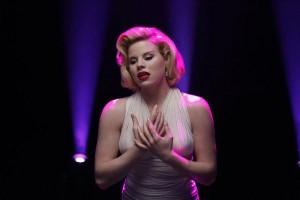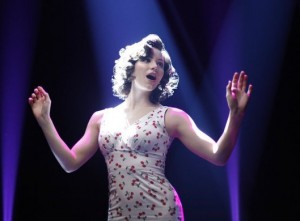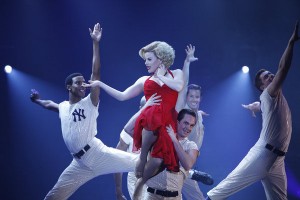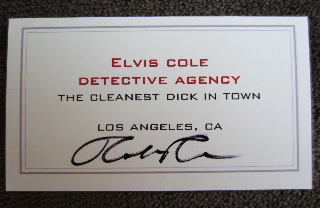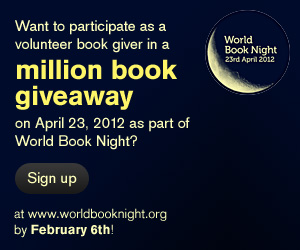 Ali Wentworth, also known as the actress /comedienne/Oprah correspondent Alexandra Wentworth, adds author to her resume with a collection of stories about growing up in D.C. as the daughter of a journalist father and mother who was White House social secretary during the Reagan years. She also tells about her experiences at prep school, auditioning for her breakthrough gig on the sketch show In Living Color (Seinfeld fans might know her as Schmoopie from the Soup Nazi episode), and meeting and marrying her husband, George Stephanopoulos.
Ali Wentworth, also known as the actress /comedienne/Oprah correspondent Alexandra Wentworth, adds author to her resume with a collection of stories about growing up in D.C. as the daughter of a journalist father and mother who was White House social secretary during the Reagan years. She also tells about her experiences at prep school, auditioning for her breakthrough gig on the sketch show In Living Color (Seinfeld fans might know her as Schmoopie from the Soup Nazi episode), and meeting and marrying her husband, George Stephanopoulos.
Despite her privileged upbringing (Henry Kissinger came to one of her mother’s parties), Wentworth manages to make her stories accessible, with a breezy style and some very funny moments. When she was twelve, her older sister Sissy decided she’d run away because she was bored out of her mind from being laid up at home after spinal fusion surgery. Instead of stopping her, their mother said to Wentworth:
“Please run away with your sister! I don’t want her out there alone!”
“But I don’t want to run away!”
“I’m asking you nicely, now go!”
I was getting irritated. “I don’t want to run away, Mom! I want to stay home! I’m happy!”
She also recounts what happened to one of her nannies:
Julia was our Mary Poppins, until one day she turned in her resignation. Marrying a successful financial adviser, not the chimney sweep. And she was off to have babies she wouldn’t be paid to love.
But while the anecdotes are witty, they often just peter out without going anywhere. Several stories end in ellipses or a question, making it seem as if even she wasn’t sure where she was going with them. I couldn’t help but think of Tina Fey’s Bossypants, in which the essays are wacky but when you get to the end of each one, the reason why Fey chose to relate that particular experience becomes clear, e.g. the rules of improv she learned at Second City can also apply to life. It’s okay to just be entertaining without making a point about something, but stories are more memorable when they can be taken at more than face value.
Nerd verdict: Lightweight Ali


